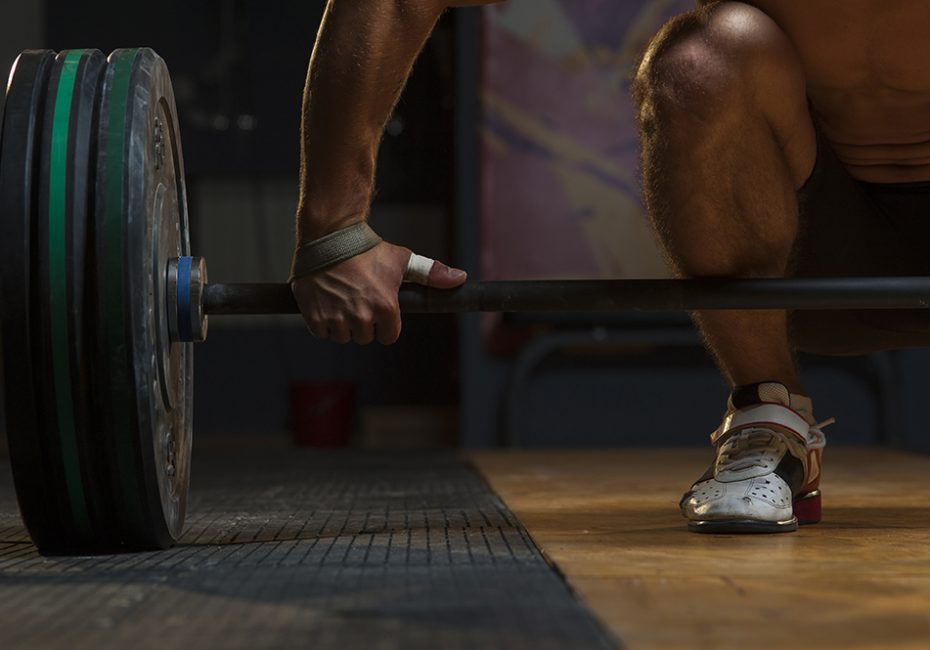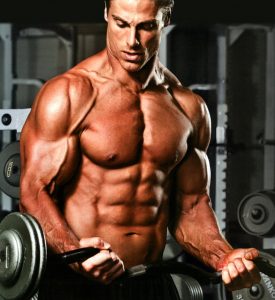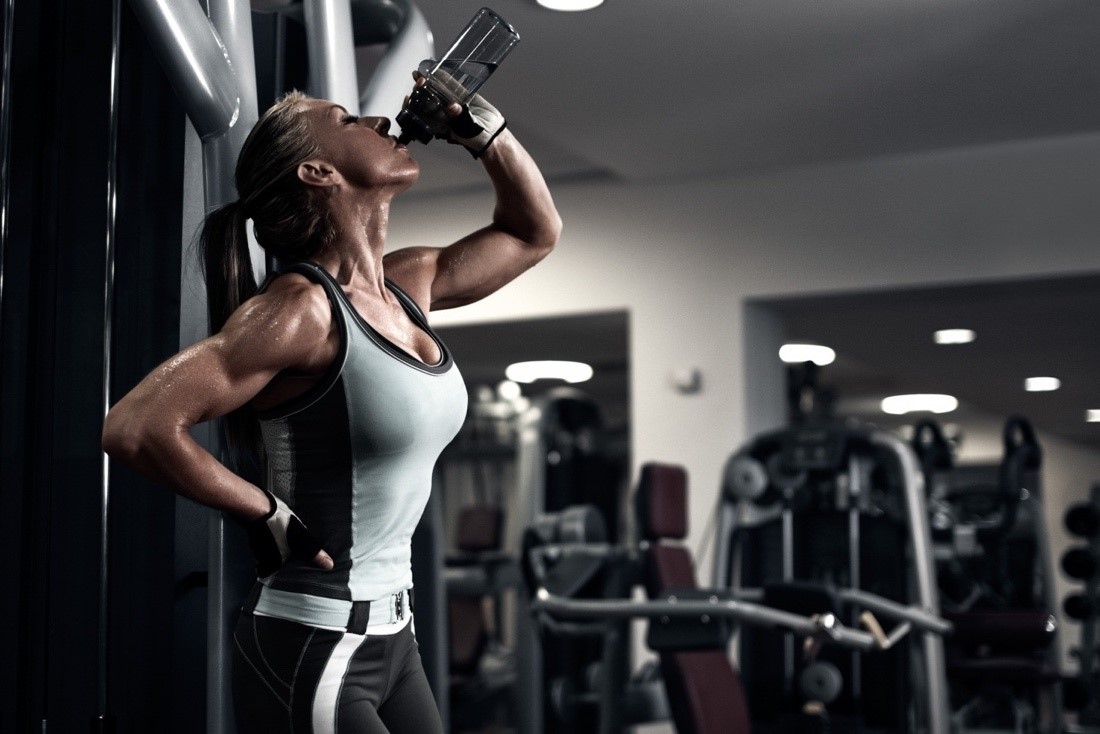
Triathlon and Nutrition
Since triathlon is an endurance sport, nutrition is a determining factor of performance and nutritional intervention before, during and after training and competitions, collaborate with the prevention of injuries and the improvement of sports performance.
During continuous exercise, the contribution of different fuels varies depending on the intensity and duration : the higher the intensity the energy source comes from carbohydrates, since they have a high rate of energy production per unit of time. In an ” ironman ” or ” half ironman “, the energy comes from the oxidation of carbohydrates and fats, the proportion of both nutrients vary considerably depending on each athlete , due to the level of training, previous diet, glycogen deposits, etc.

Proteins can contribute up to 10% of energy in long-term exercise, when carbohydrate stores are depleted.
In tests that last longer than 2 hours, the time that elapses until glycogen depletion will determine the athlete’s performance. Therefore, in Olympic events , half ironman and ironman the dietary guidelines that allow maximizing glycogen stores will collaborate with the increase the athlete’s performance ; These guidelines include a carbohydrate overload the 3 days prior to the competition, taking into account the last previous meal and the carbohydrate intake during the competition.
Macronutrients
The daily carbohydrate requirements for a triathlete They will vary in an approximate range of 4.5 to 9 grams per kilo of weight depending on the volume, intensity and level of training.
To maximize recovery it is recommended 1.5 grams / kg of body weight immediately at the end of training and then 60 grams every 2 hours approximately.
The need for protein ranges from 1.5 to 2 grams / kilogram / day , which is covered through the large caloric intake required by training, see special considerations in case of vegetarian food. It is recommended the consumption of 1 gram of protein for every 4-5 grams of carbohydrates in the post workout .
Practical recommendations for the competition
Carry out a carbohydrate load at least 3 days before the race , reaching 70% carbohydrates of the total energy consumed, distributed in a balanced way throughout the day and selecting low-fat foods. Through this dietary manipulation we will be able to fill the glycogenic deposits.

Hydration
Proper hydration is essential to prevent health problems and to improve performance in triathletes . It is highly proven that when the blood volume is reduced due to fluid loss, the heart rate increases along with the energy expenditure and the perception of fatigue is accelerated, therefore the performance declines, this appears with only 2% of the loss of body weight.
You can see the color of the urine, which must be very clear to ensure that we are properly hydrated.
Fluid intake recommendations during training or competition range from 500 and 1000 cc per hour , depending on climatic factors and the intensity of the exercise. If the duration of the competition exceeds one hour , it is recommended to use isotonic drinks that contain 6 to 8% carbohydrates and 50 mg% of sodium.
A minimum consumption of 500 cc of fluids is recommended within 2 hours prior to the race.
Objectives of the last previous meal:
- Fill glycogenic reservoirs
- Prevent hypoglycemia
- Avoid gastrointestinal disorders and avoid feeling hungry
- Ensure correct hydration
Eat breakfast early, at least 2-3 hours before, foods with a high content of_
- Carbohydrates, low in fiber and fat.
Dairy products can cause intestinal discomfort, therefore they are not recommended in large quantities.
Consume at least 500 to 600 cc of drinks during the 2 hours prior to departure.
Food during the competition:
Sprint distance: if the duration will be longer than 60 min, use isotonic drinks. Depending on the level of the practitioner, glucose gel between the cycling and running phases. Solid foods are not required.
Olympic Distance: isotonic drink (500-1000 cc per hour). Gels, energy bars, dehydrated fruits.
Half Ironman / Ironman distance: isotonic drink (500-1000 cc per hour). Gels, energy bars, maltodextrin candies, hypercaloric shakes, dehydrated fruits, dried fruits, low-fat salty sandwiches.
